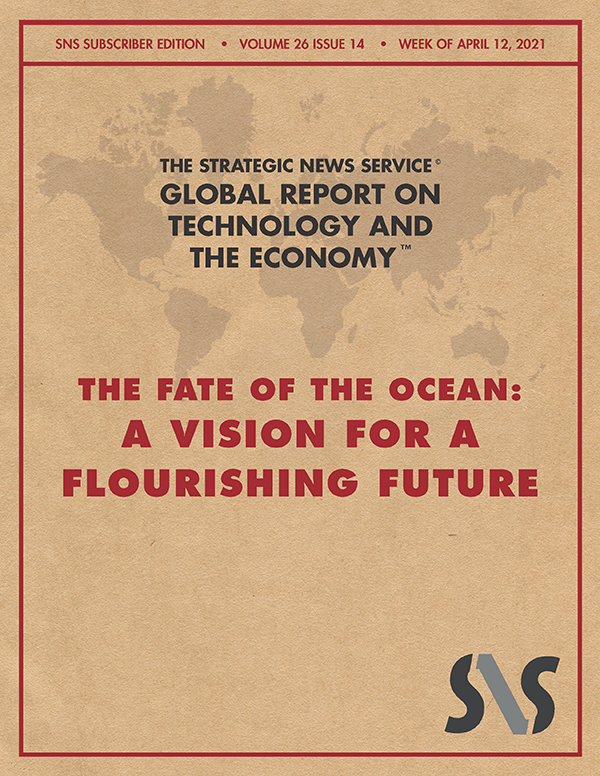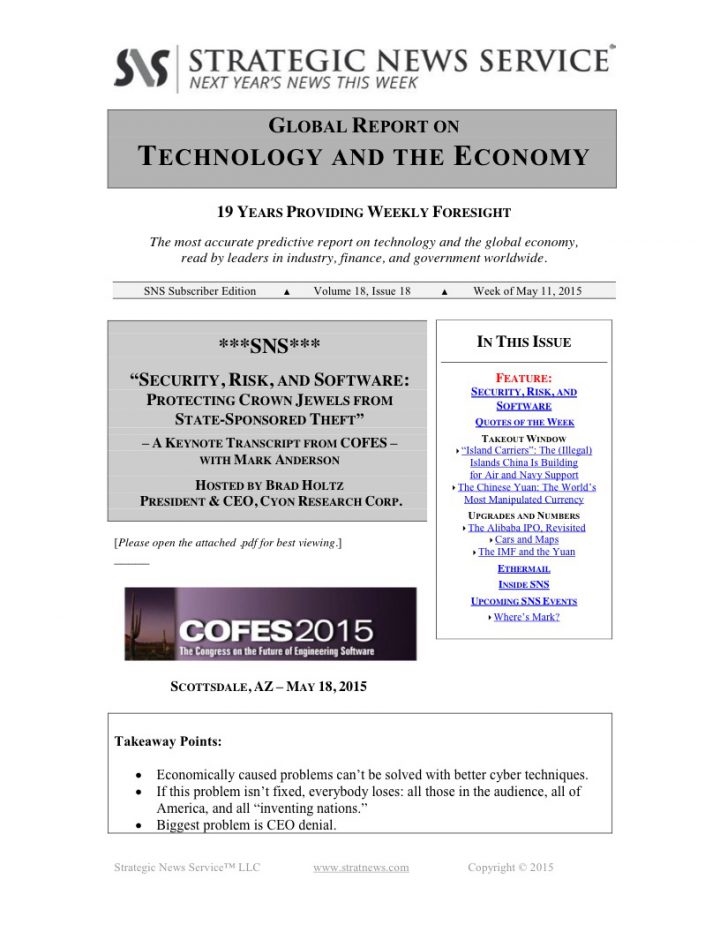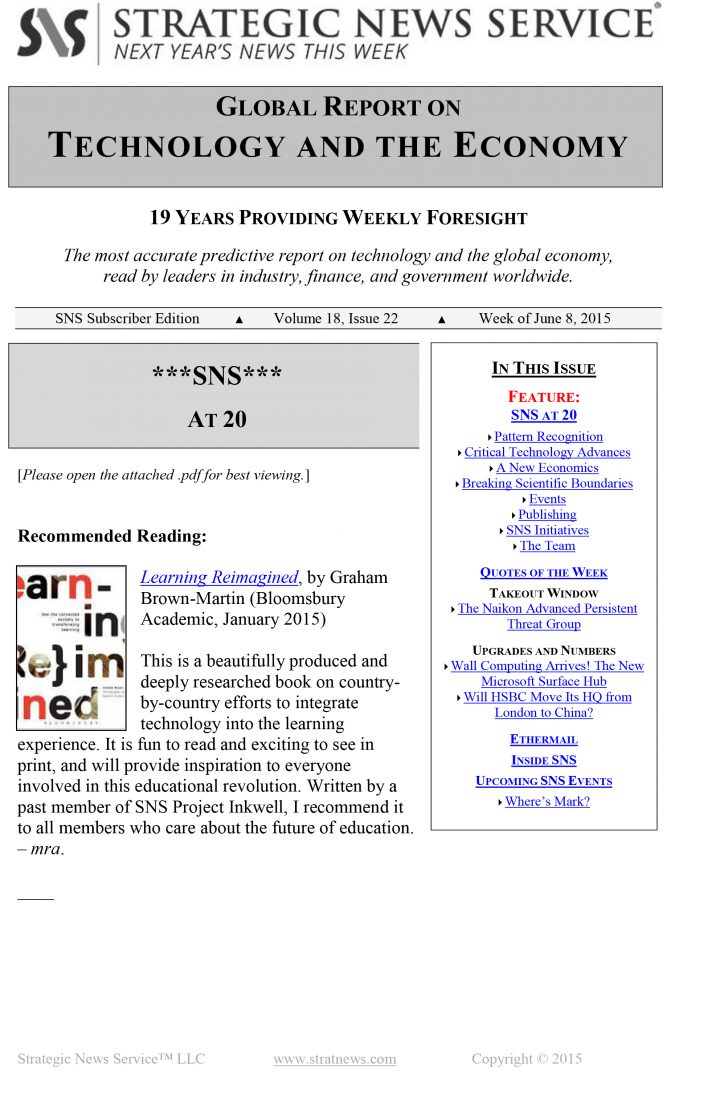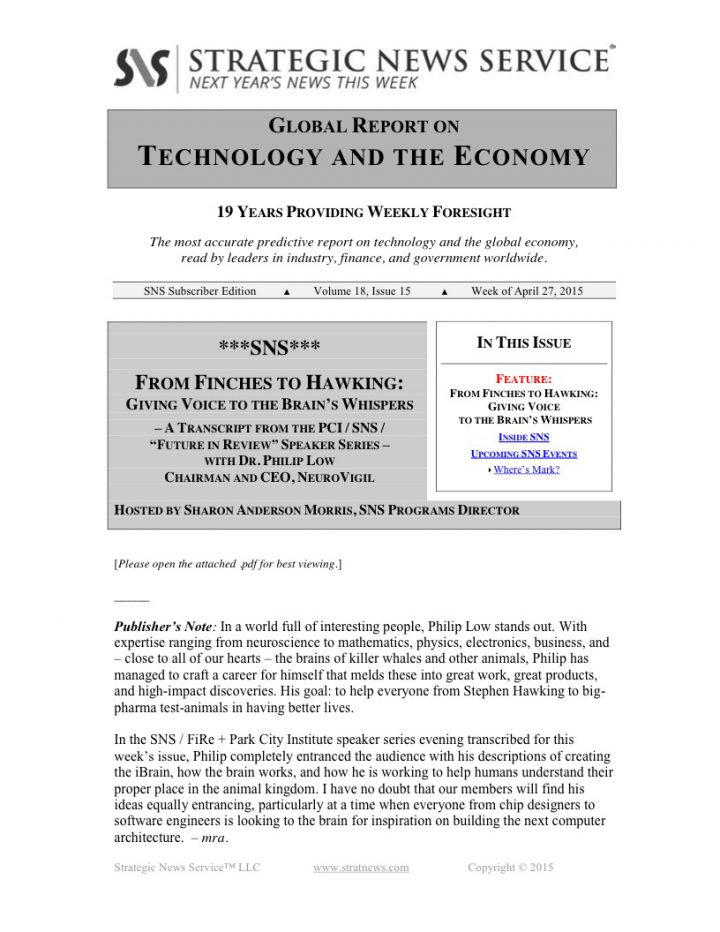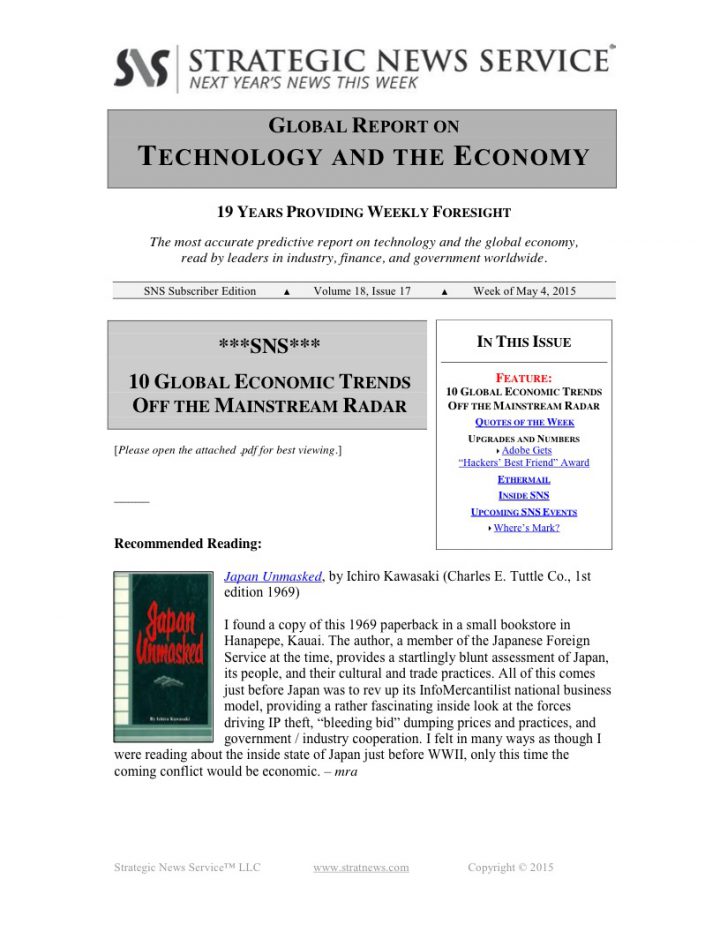In This Issue
Vol. 26 Issue 14
The Fate of the Ocean: A Vision for a Fluorishing Future
- A Few of the Ocean’s Biggest Problems
- A Plan for a Thriving Future Ocean
—-
The greatest strength of Ali Tabrizi’s latest film is its ability to sum up the cancerous current state of much global commercial fishing.
Tabrizi is the narrator / filmmaker of Seaspiracy, a popular new Netflix documentary that has been popping up on social feeds the world over with captions like “Never eating fish again.” He’s a lithe young Brit who sets out to determine why dead whales full of plastic are washing up on shore in the UK.
Disappointingly, after an entire documentary about the systems driving international ocean depletion, corruption, and overfishing, his solution is to direct responsibility back to the individual. Ali, himself a vegan, ends the documentary by encouraging others to eat less fish.
Make no mistake: not eating fish would be better for the planet and reduce the level of toxins and heavy metals in your body (which, btw, are concentrated and passed on to your children through your breast milk). It’s even more beneficial to talk to others about why you’re not eating fish, if that’s what you choose to do. (Listen to this episode of the podcast “How to Save a Planet,” about the benefits of individual vs. systems change.)
But telling consumers that it’s their responsibility to reduce overfishing is like the oil industry chiding the average person about their carbon footprint. Seaspiracy viewers reducing their fish consumption won’t alleviate the destruction of undersea mining for precious metals (which isn’t mentioned; more on this below), which is just ramping up. It won’t stop underwater drilling, which is losing economic incentive but still ongoing. (Also not mentioned.) And it won’t do anything to stop the biggest global actor contributing to overfishing in international waters: China. (Once again, not mentioned.)
Seaspiracy is awash with faces that SNS members will recognize: Paul Watson of Sea Shepherd, who has been onstage at FiRe; Ric O’Barry, subject of our first FiRe Featured Film, The Cove; Lori Marino of the Whale Sanctuary Project, who attended the FiRe Speaker Series in Park City; as well as other images we’ve seen in FiReFilms over the years.
As such, it seems important to provide the SNS community with a toolkit and a vision for creating systems-level ocean protection that goes beyond not eating fish.
The ocean itself is amazingly resilient. And past studies have shown that when we give ocean habitats the gift of time and space, they frequently recover. The world needs a concerted global effort to protect oceans and marine species; the good news is that there are already people around the world working hard on this, day in and day out. Perhaps you yourself might become one.
…
Additional information
| Focus Channels |
|---|
SKU: SNS-2021-04-15 - Need Help? Contact Us Leave Feedback
Categories: 2021 Issues, Back Issues
Tag: PDF Download

